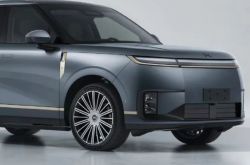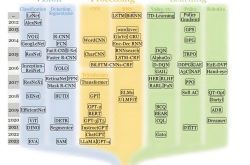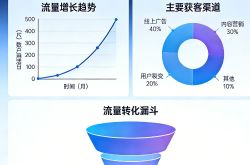Biden Drops Out, Trump Blocks Chinese Cars
![]() 07/22 2024
07/22 2024
![]() 492
492
Facing the upcoming tariff war, "economic internal circulation" may once again become a keyword.
After nearly a week of deliberation, Biden has finally dropped out.
Under immense pressure from within the Democratic Party, US President Biden announced on the 21st that he would withdraw from the 2024 presidential race and expressed support for nominating Vice President Harris as the Democratic presidential candidate.
In a statement on social media that day, Biden said that while he had originally intended to seek re-election, he decided to withdraw from the race in the best interests of the Democratic Party and the country, and to focus on fulfilling his duties for the remainder of his presidential term. Although Biden fully supports nominating Harris as the Democratic presidential candidate, he also called on Democrats to unite and defeat Republican presidential candidate Trump.
However, before the November election, it seems unlikely that anyone will be able to quickly challenge Trump's support rates. It is highly likely that Trump and the Republicans will take the White House and both houses of Congress, forming a strong government that the Democrats will struggle to contain. Currently, the leaders of the Democratic Party in both houses are indicating that they can afford to lose the election but must hold onto Congress, not allowing both the White House and Congress to slip away.
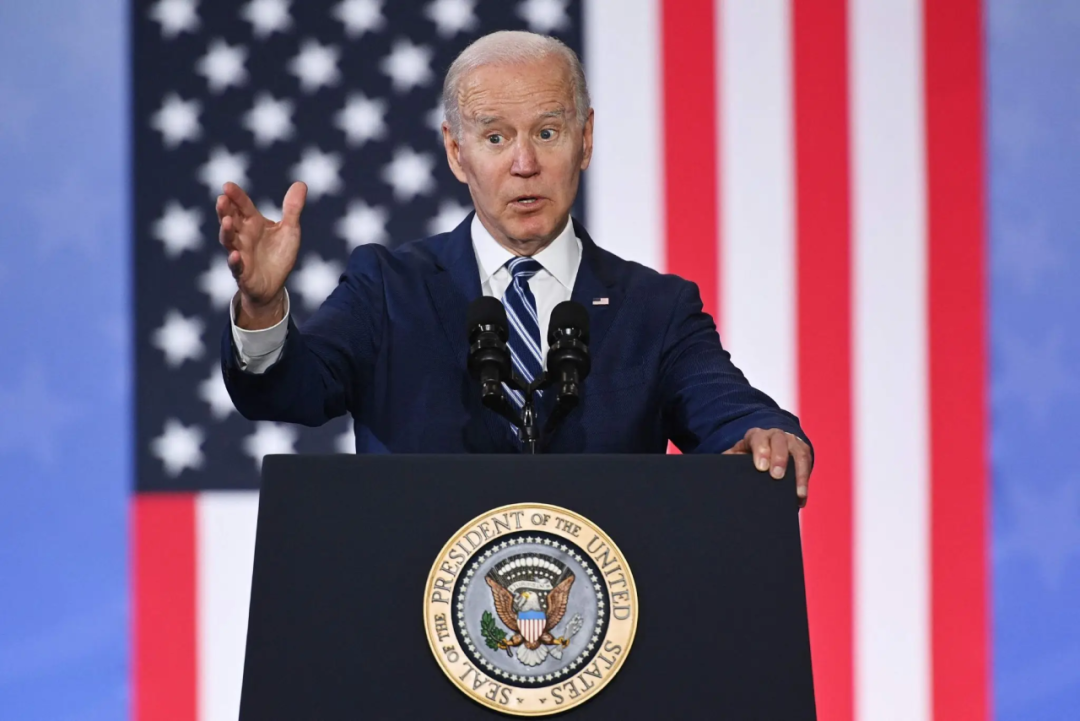
The successor candidate is likely to be nothing more than cannon fodder, so anyone with "political ambitions" would not want to be Biden's successor and participate in a doomed election that would tarnish their political record. King Trump is poised to once again become America's chosen one.
The consensus among market investors is that a second Trump term would further relax market regulation and strengthen trade protectionism. Trump has also explicitly and implicitly indicated that he intends to overturn a series of automotive policies implemented by Biden.
Trump's "America First"
In an interview with Bloomberg last week, Trump, who has not yet officially taken office, has already begun contemplating how to be an effective second-term president, reiterating the principle of "America First" and passionately defending American tariff policies.
In addition to imposing new tariffs ranging from 60% to 100% on China, Trump indicated that he would also impose a comprehensive 10% tariff on imports from other countries, including European allies.
Trump stated, "Europe's unwillingness to import American cars and agricultural products is the primary reason for the over $200 billion trade deficit between the US and Europe, a figure that is a key indicator of economic fairness."
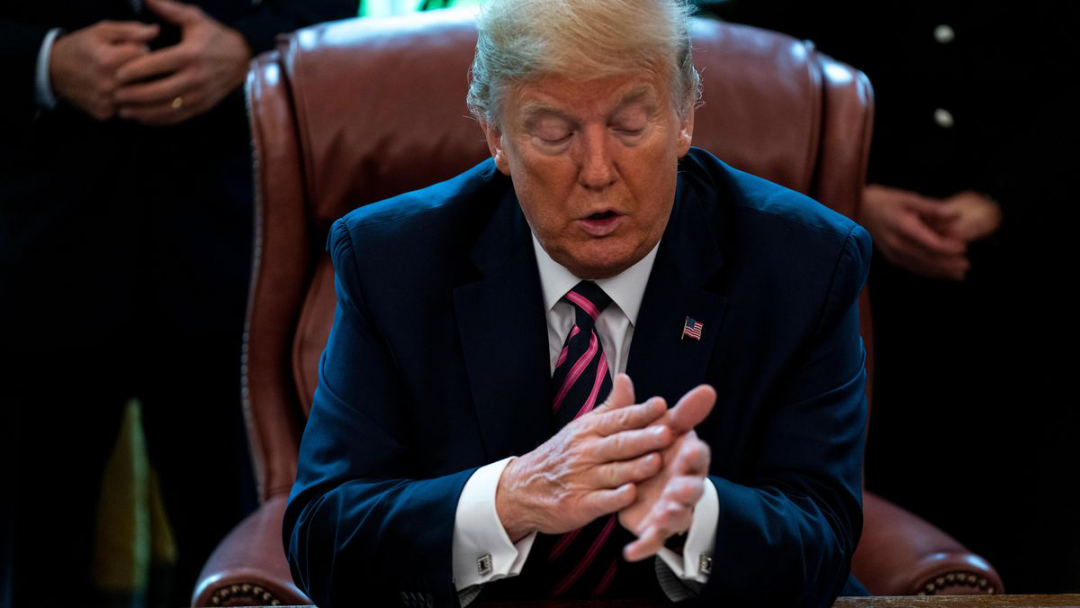
On July 18, 2024, Trump spoke at the Republican National Convention, "As we speak, large factories are being built on the Mexican border... They are made in China, for manufacturing cars and selling them to our country, without any taxes or anything."
If these factories are unwilling to manufacture in the US or allow Americans to manage them, Trump will impose tariffs of 100% to 200% on each car, making them unsellable in the US, "and our automotive industry will quickly recover."
In fact, under the US policy of isolationism, Chinese cars have never entered the US through normal channels but have instead taken a detour through Mexico. To date, many component manufacturers and even BYD have begun planning to invest and build factories in Mexico.
Regarding this situation, some experts have stated, "China is an uninvited partner in the USMCA." Long before the 2018 Sino-US trade war, Mexico was already a springboard for many foreign companies to enter the US market. Now, this springboard is crowded with even more contestants from China.
From November last year to May this year, the number of Chinese automobile brands in Mexico increased from 19 to 25. According to Mexican car rental platform BitCar, Chinese models accounted for 17.4% of the platform's participation in the first four months of this year.
In Mexico, in addition to the free trade agreement with the US, the natural geographical advantage has also made the region increasingly crowded. As Mexico's largest industrial city, Monterrey is only about 200 kilometers from Texas, USA, and only a six or seven-hour drive from Tesla's Austin factory in the US, forming a series of industrial chains centered on the automotive industry.
As such, in the previous delicate relationship, King Trump raised the banner of sanctions, sanctions, and more sanctions, winning cheers from many rednecks who vowed to make America great again, while China watched silently and continued to earn its money. However, based on the current situation, the tacit understanding between China, the US, and Mexico is likely to be broken during Trump's second term.
Mexico, the US's most obedient ally, may suffer a tariff blow due to its proximity to China.
In 2018, Trump launched a trade war against China, imposing tariffs of up to 25% on over $500 billion worth of Chinese imports, including automobiles. Over the next two years, the Trump administration continuously increased tariffs, leading to a continuous escalation of Sino-US economic and trade frictions. In this trade war initiated by the US, almost all global automakers were affected.
It is worth noting that over the past six years, China's economy has not been crushed and has not "decoupled" from the world economy. Instead, it has entered a new stage of high-quality development, achieved a high level of opening up, and continuously expanded the "Belt and Road" circle of friends, with multilateral cooperation paths becoming wider and wider.
Following China's emergence as the world's largest automobile exporter in 2023, Chinese automobile brands have continued to make great strides in overseas markets. According to the General Administration of Customs, China exported 2.793 million automobiles in the first half of this year, an increase of 30.5% year-on-year, with a total trade value of RMB 391.76 billion, an increase of 22.2% year-on-year.
Meanwhile, new energy vehicles, which have risen rapidly since 2018, have become a thorn in Trump's side.
Electric Vehicles Cannot Escape
As the leader of the world's right-wing forces, Trump has almost single-handedly sparked a global movement of isolationism. The right-wing in Europe not only shares Trump's desire for isolationism but also believes that the EU is holding them back.
The German right-wing believes that France is taking advantage of the EU, the French right-wing believes that Germany is taking advantage, and the Italian right-wing believes that both France and Germany are taking advantage. Their attitudes towards the electric vehicle bill against China are indicative of this.
As a child, Trump witnessed the impact of the European automotive transformation on the US industry. Now, facing the surging wave of new energy, President Trump must stand up to prevent history from repeating itself.
In addition to imposing various tariffs, Trump plans to overturn a series of new energy vehicle policies implemented by the Biden administration, canceling subsidies for the new energy industry chain, and not even sparing his own people.
Trump stated, "I will terminate the electric vehicle mandate on day one, thereby saving the American auto industry from complete destruction and saving American consumers thousands of dollars per vehicle."
In response, Musk wrote in a tweet that Tesla does not need subsidies to survive. "Surprisingly, many people believe that Tesla survives on subsidies. Our competitors do, but Tesla does not."
In fact, Biden's Inflation Reduction Act, signed in August 2022, restored federal subsidies for eligible Tesla vehicles. While Tesla does not rely on subsidies for production, it is still a beneficiary of them.
Regardless of their public stances, the relationship between Musk and Trump has always been delicate, and there have even been rumors that Musk spent significant political donations on Trump's campaign team. Despite this, Tesla's share price fell when Trump announced the cancellation of electric vehicle subsidies.
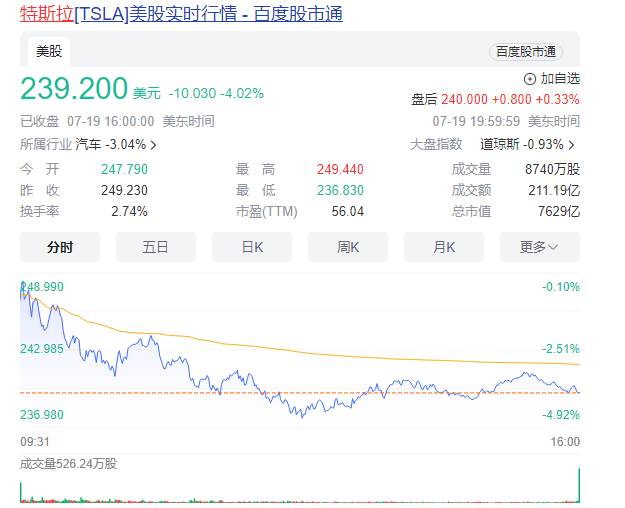
From another perspective, this also blocks Musk's competitors, as Tesla has already established itself, and canceling subsidies helps consolidate its monopoly position.
Moreover, at the height of the 2018 trade war, Musk served as a bridge, frequently visiting China and even breaking precedent by successfully establishing a wholly-owned factory in China, which took off with domestic production. In a sense, Tesla's successful domestic production that year was also an attitude of the Chinese government towards the US, with Musk simply sitting in the middle and reaping the benefits.
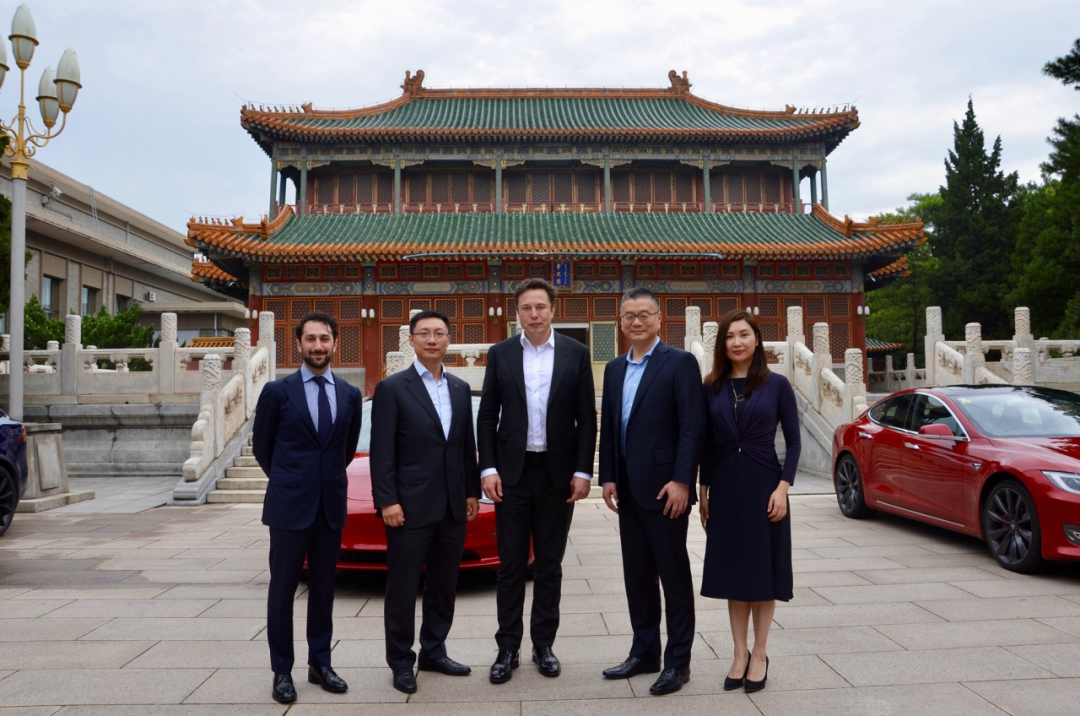
Now, Trump's more aggressive efforts to block Chinese electric vehicles from entering the US are actually beneficial to Musk.
China may have already had a contingency plan for Trump's presidency. At the recently concluded Third Plenary Session, emphasis was placed on the stable development of the real estate market, the cultivation of emerging industries, and the expansion of domestic demand.
Facing the upcoming tariff war, "economic internal circulation" may once again become a keyword.
Note: Some images are sourced from the internet. If there is any infringement, please contact us for removal.


